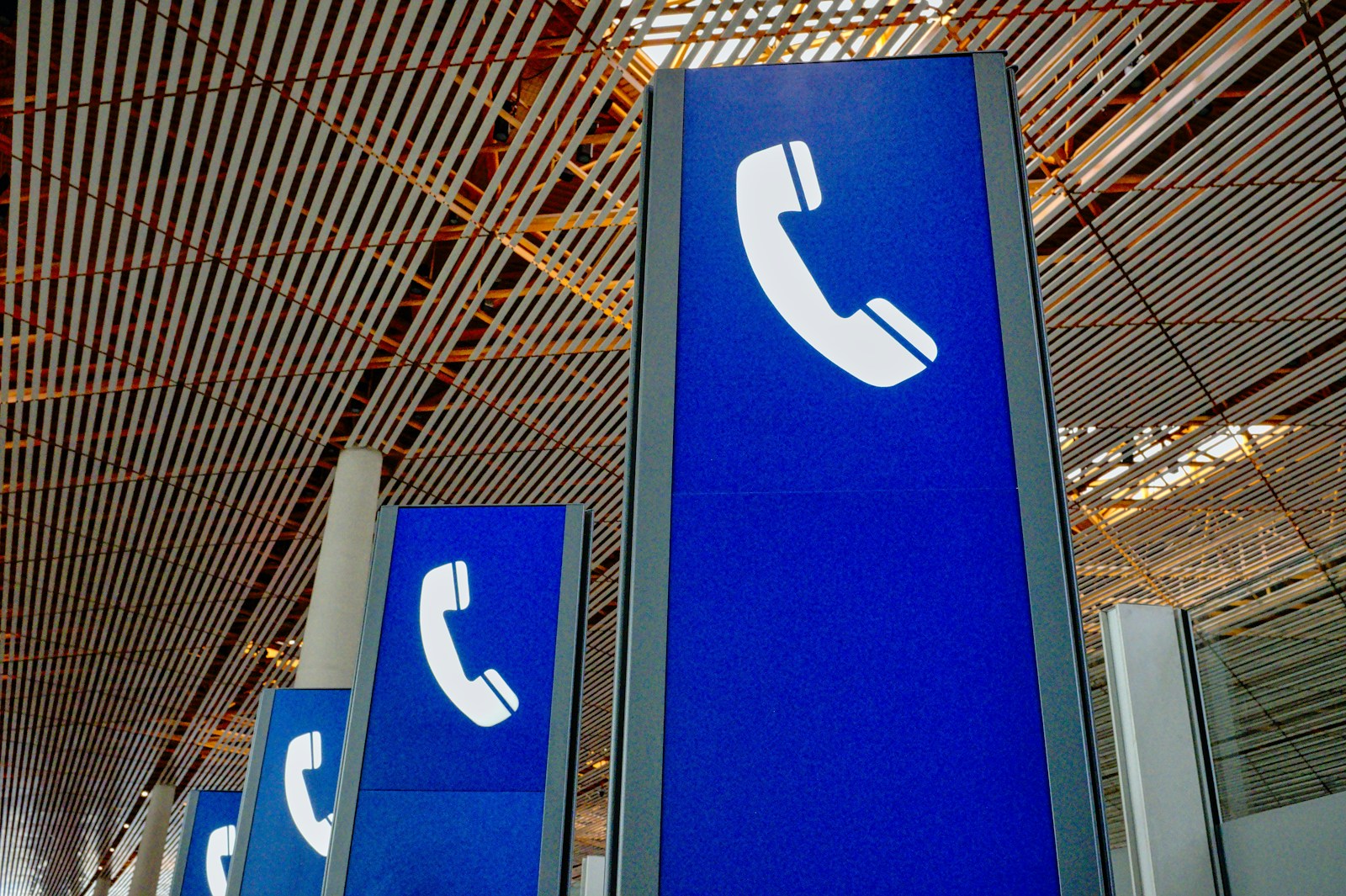Key Takeaways:
- Ada Carol Adkins, a 68-year-old retiree in West Virginia, struggles with poor internet and phone service from Frontier Communications.
- A quarter of West Virginia counties face barriers to healthcare due to lack of high-speed internet and limited healthcare providers.
- Frontier Communications received nearly $248 million to expand high-speed internet but has failed to deliver for many residents.
- The federal broadband program is delayed due to policy disputes and challenges in building infrastructure in rural areas.
Stranded in the Digital Divide
Ada Carol Adkins lives in a trailer off Upper Mud River Road in Branchland, West Virginia. She shares her home with two dogs and struggles with health issues after retiring as a school cook. Despite paying $102.13 a month to Frontier Communications for a bundle including phone and wireless internet, her service is unreliable.
“I’m comfortable here, but things are failing me,” Adkins said. Her phone service has been interrupted by a deer stepping on the line, and she’s been stranded for weeks during harsh winter weather. Neighbors check in on her, asking, “Do you have electric? Have you got water? Are you OK?”
Adkins’ story is not unique. Many rural communities in West Virginia lack high-speed internet and struggle with limited access to healthcare. According to a KFF Health News analysis, 25% of West Virginia counties face both challenges.
The Consequences of Poor Connectivity
The lack of high-speed internet in rural areas like Lincoln County, where Adkins lives, has severe consequences. Without reliable internet, residents cannot access telehealth services, which are especially critical for those with limited mobility or chronic health conditions.
“If you don’t have good service, you can’t really get on [telehealth],” said Dr. Claudia Persico, an associate professor at American University. “It makes me angry, honestly.”
Persico co-authored a study showing that increased broadband access improves mental and physical health and reduces suicides. However, only 7% of patients in Lincoln County use telehealth due to poor internet access.
Frontier Communications and the Rural Digital Opportunity Fund
Frontier Communications, West Virginia’s legacy carrier, was awarded nearly $248 million through the Rural Digital Opportunity Fund to expand high-speed internet. The program, launched during Donald Trump’s presidency, aimed to connect underserved areas.
However, Frontier has failed to deliver on its promises. By the end of 2024, the company had connected fewer than 10% of the 79,000 locations it was assigned. The federal government pulled $3.3 billion in funding after the program fell behind schedule, leaving 1.9 million homes and businesses without service.
A Costly Problem
Building high-speed internet in rural areas is expensive. A 2022 study found that stringing fiber-optic lines in some parts of Lincoln County could cost over $5,000 per connection. Such projects require significant federal subsidies to be feasible.
“it’s very difficult to build fiber along the rocky terrain,” said a manager for Armstrong Telephone and Cable, a competitor of Frontier. “If people don’t hook up, you’ve lost a lot of money.”
Political Battles and Delays
The federal broadband program has been slowed by policy shifts. The Biden administration announced a 90-day extension for states to finalize their plans, but some critics argue this delay is unnecessary.
“This money is really essential for rural areas,” said Ross DeVol, CEO of Heartland Forward, a nonpartisan think tank. “They could be building today, and it’s just deeply disappointing that they’re not.”
Frontier has until December 31, 2028, to complete its project, but residents like Adkins are losing patience. Her son has urged her to move, saying, “Mom, get off of that hill.”
A Frustrating Wait
The situation is further complicated by Verizon’s planned acquisition of Frontier for $20 billion. Frontier has admitted it took on too much debt and may struggle to finish its fiber-optic projects.
In a March 2025 filing, Frontier asked to keep customer data confidential, raising concerns about accountability. Meanwhile, some lawmakers and residents are fighting against plans to substitute fiber-optic cables with satellite connections, which they argue would be more expensive and less reliable.
A Glimmer of Hope
Despite the challenges, there are signs of progress. Frontier has built fiber-optic cables to 20% of its assigned locations in West Virginia. The company has also donated high-speed internet to a rural campus of West Virginia University.
However, for residents like Adkins, progress is too slow. “Please come and hook me right,” she pleaded to Frontier.
As the broadband debate continues, one thing is clear: without reliable internet, rural communities like Adkins’ will remain stranded in the digital divide.
